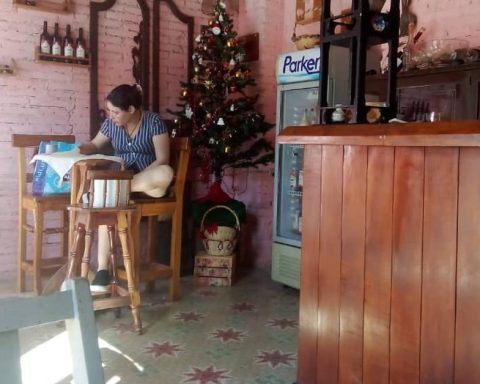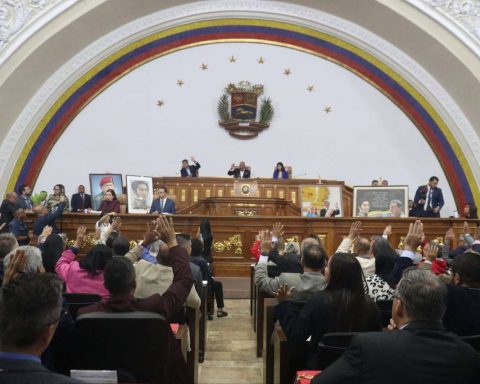The Federal Supreme Court (STF) resumed this Friday (6) the trial on the constitutionality of the intermittent employment contract, inserted in the Consolidation of Labor Laws (CLT) by the 2017 labor reform.
The three cases dealing with the issue are being tried in a virtual session, which will end on September 13. The trial was suspended in 2020.
As of 8:30 p.m. this Friday, the vote was 3 to 2 to maintain the validity of the intermittent work modality. The votes were cast in the action filed by the National Federation of Employees in Fuel and Petroleum Derivatives Service Stations.
Ministers Nunes Marques, Alexandre de Moraes and André Mendonça voted in favor of the validity of the model. The rapporteur, Edson Fachin, and Minister Rosa Weber, who spoke before her retirement, considered intermittent work unconstitutional.
The issue is also being judged in lawsuits filed by the National Federation of Workers in Telecommunications Companies and Telephone Switchboard Operators and the National Confederation of Industrial Workers. In these lawsuits, the score is 2 to 1 in favor of intermittent work.
For the entities, the model favors the precariousness of the employment relationship and the payment of salaries below the minimum wage, in addition to preventing the collective organization of workers.
As defined in the labor reform, intermittent workers are paid for hours or days worked, and receive vacation, FGTS and thirteenth salary in proportion to the period worked. The contract defines the value of the hourly wage, which cannot be less than the minimum wage per hour or the remuneration of other employees performing the same function.
The employee must be called at least three calendar days in advance. During the period of inactivity, he/she may provide services to other companies.

















